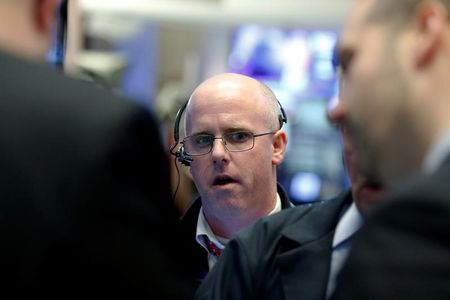Follow us on LinkedIn
An asset is a financial resource that results in an inflow of economic benefits in the future. It has a value coming from its cost or other valuation models. In accounting, assets may classify as monetary or non-monetary. It is among many classifications of resources. Due to this difference, these assets may also follow different rules and standards.
What are Monetary Assets?
A monetary asset is an asset that gets its value in dollar terms. The value of these assets does not change due to fluctuations in economic or business activities. In other words, these assets don’t appreciate or depreciate due to any changes. Usually, it includes a resource with a fixed cash value or is readily convertible into cash. Due to the liquidity feature, these assets do not experience any appreciation or depreciation.
Monetary assets are usually short-term and classified under current assets in the balance sheet. The primary feature of these assets is the liquidity associated with them. Based on this feature, companies can classify monetary and non-monetary assets separately. For most companies, monetary assets include cash and cash equivalents, account receivables, and short-term investments.
What are the features of Monetary Assets?
Monetary assets have some features that help identify these assets. Some of these are as below.
Fixed value
The primary feature of monetary assets is their fixed value. As mentioned above, these assets do not undergo appreciation or depreciation. Any asset undergoing appreciation or depreciation does not fall under a monetary asset since it does not have a fixed value.
Liquidity
The primary reason monetary assets have a fixed value is their liquidity. The examples of these assets provided above show how liquid these assets are. Due to their liquidity, these assets do not undergo any changes in value due to economic activities.
Working capital
Since monetary assets are liquid, they fall under working capital. It means these assets are readily convertible into cash or ready for sale at any time. However, only assets with a ready market available for sale fall under monetary assets.
Restatement
Some assets may be liquid but not have a fixed value in the financial statements, for example, foreign currency or receivables. Companies must recalculate the monetary value at every balance sheet date for these assets.
Why are Monetary Assets important?
Monetary assets are crucial in the short and long term. These assets help companies with day-to-day operating expenses and other activities. Similarly, they contribute and make up a part of the working capital. Therefore, companies can use them to settle debts or finance short-term operations. Monetary assets are also crucial in maintaining liquidity in a company.
Monetary assets usually bear a lower risk than others. The primary reason includes the fixed value that these assets carry. Therefore, they provide certainty to the financial statements and more confidence to stakeholders. If a company suffers adverse financial situations, monetary assets can help provide stability and assurance to all parties.
Conclusion
Monetary assets are resources that have a fixed value. These differ from non-monetary assets that undergo appreciation or depreciation over time. Similarly, these assets have specific features that help separate them from other assets. Monetary assets are crucial to companies in establishing stability and liquidity.
Further questions
What's your question? Ask it in the discussion forum
Have an answer to the questions below? Post it here or in the forum




